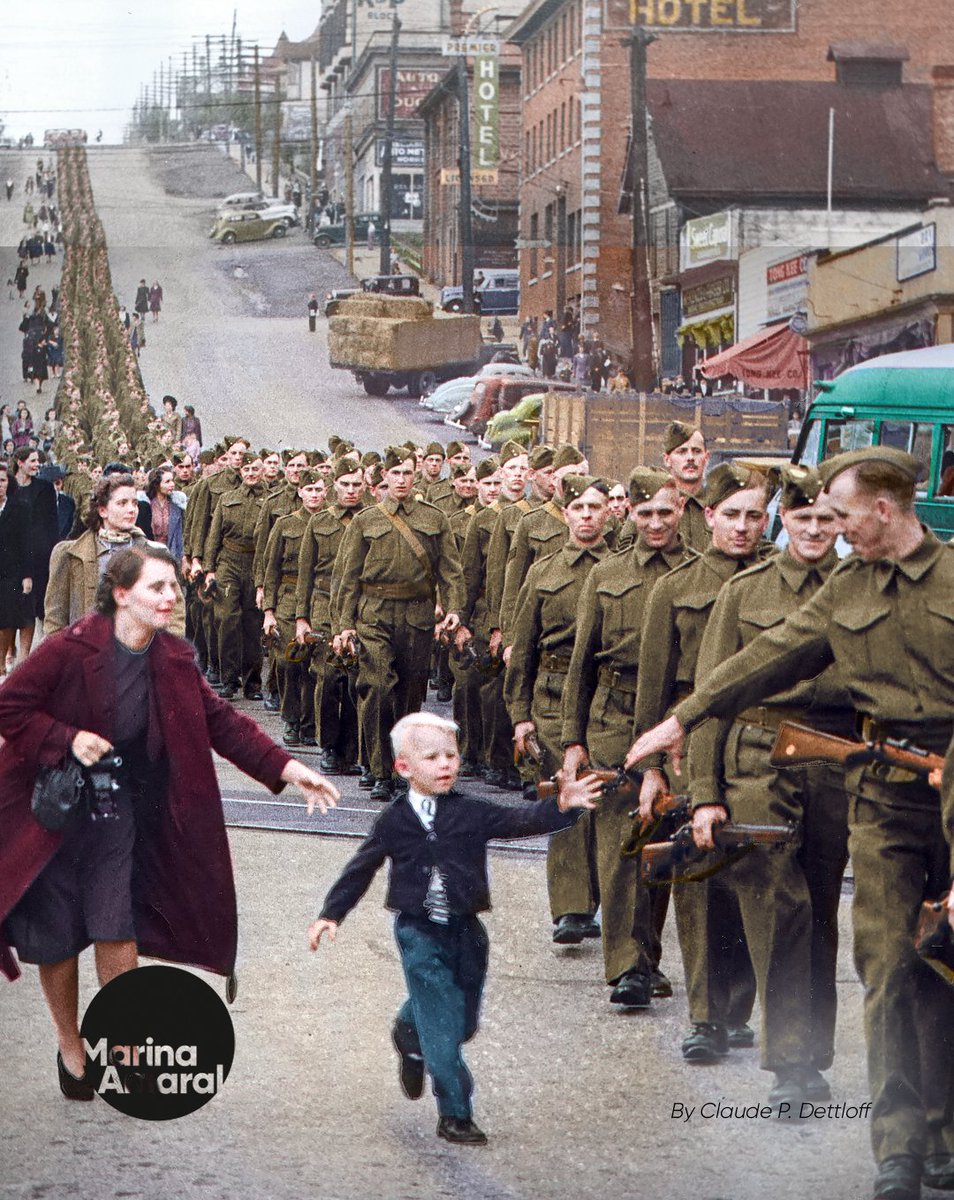
Milunka Savić was a Serbian war heroine who fought in the Balkan Wars and in WWI. Her brother got called to serve in the First Balkan War in 1912, but Milunka decided to take his place. Today, she is considered the most-decorated female combatant in the history of warfare. #WHM 

"Milunka Savić decided she wanted a bit of this war lark, so she lopped her hair off and donned her brother’s clothes and headed off to the front. She was quickly thrown into combat, and it wasn’t long before she received her first medal.
It was on her 10th mission that her gender was finally revealed. She had been wounded before, but up until this point she had always avoided being hit in the chest. Bulgarian shrapnel put paid to this, and Milunka was taken to the field doctor. 

The doctor was rather surprised to find breasts, and Milunka was rumbled. She was sent to her superior, fully expecting to receive her marching orders and yes you can consider that an attempt at a military pun if you so desire.
Her commanding officer wasn’t entirely enthralled with the idea of punishing her, as she’d proven to be such a valuable and competent soldier. (...) Milunka was offered a transfer to the nursing division, a transfer she refused by stating that she wanted to take a rifle...
... and continue to fight for her country.
Milunka fought in many key battles throughout the various armed-skirmishes of the Serbs over the next few years, including both Balkan Wars and the first edition of the World War.
Milunka fought in many key battles throughout the various armed-skirmishes of the Serbs over the next few years, including both Balkan Wars and the first edition of the World War.
(...) She was also a dab hand at taking enemy positions and combatants, best proved when she single-handedly captured 23 extremely confused Bulgarian soldiers.
That remarkable feat happened during the Battle of the Crna bend in late 1916.
That remarkable feat happened during the Battle of the Crna bend in late 1916.
When the fighting ceased in 1918 Milunka Savić was one of the lucky few to have survived it all, and she received a whole host of medals for her troubles.
She was the sole female recipient of the French Croix de Guerre, as well as being awarded the Legion d’Honneur by the same nation. Britain bestowed upon her the Medal of the Most Distinguished Order of St. Michael, Russia went with the Cross of St. George... 

... and from Serbia came the Miloš Obilić medal.
(...) [after the war] she moved to the part of Belgrade called Voždovac. (...) Milunka adopted three other children orphaned by the war, as well as helping many others through school."
(...) [after the war] she moved to the part of Belgrade called Voždovac. (...) Milunka adopted three other children orphaned by the war, as well as helping many others through school."
In the interwar period, Milunka was largely forgotten by the general public. She worked several menial jobs up to 1927, after which she had steady employment as a cleaning lady in the State Mortgage Bank.
During the German occupation of Serbia in World War II, Milunka refused to attend a banquet organized by Milan Nedić, which was to be attended by German generals and officers.
She was arrested and taken to Banjica concentration camp, where she was imprisoned for ten months.
She was arrested and taken to Banjica concentration camp, where she was imprisoned for ten months.
She died in Belgrade on October 5 1973, aged 85, and was buried in Belgrade New Cemetery. #WomensHistoryMonth 



• • •
Missing some Tweet in this thread? You can try to
force a refresh











